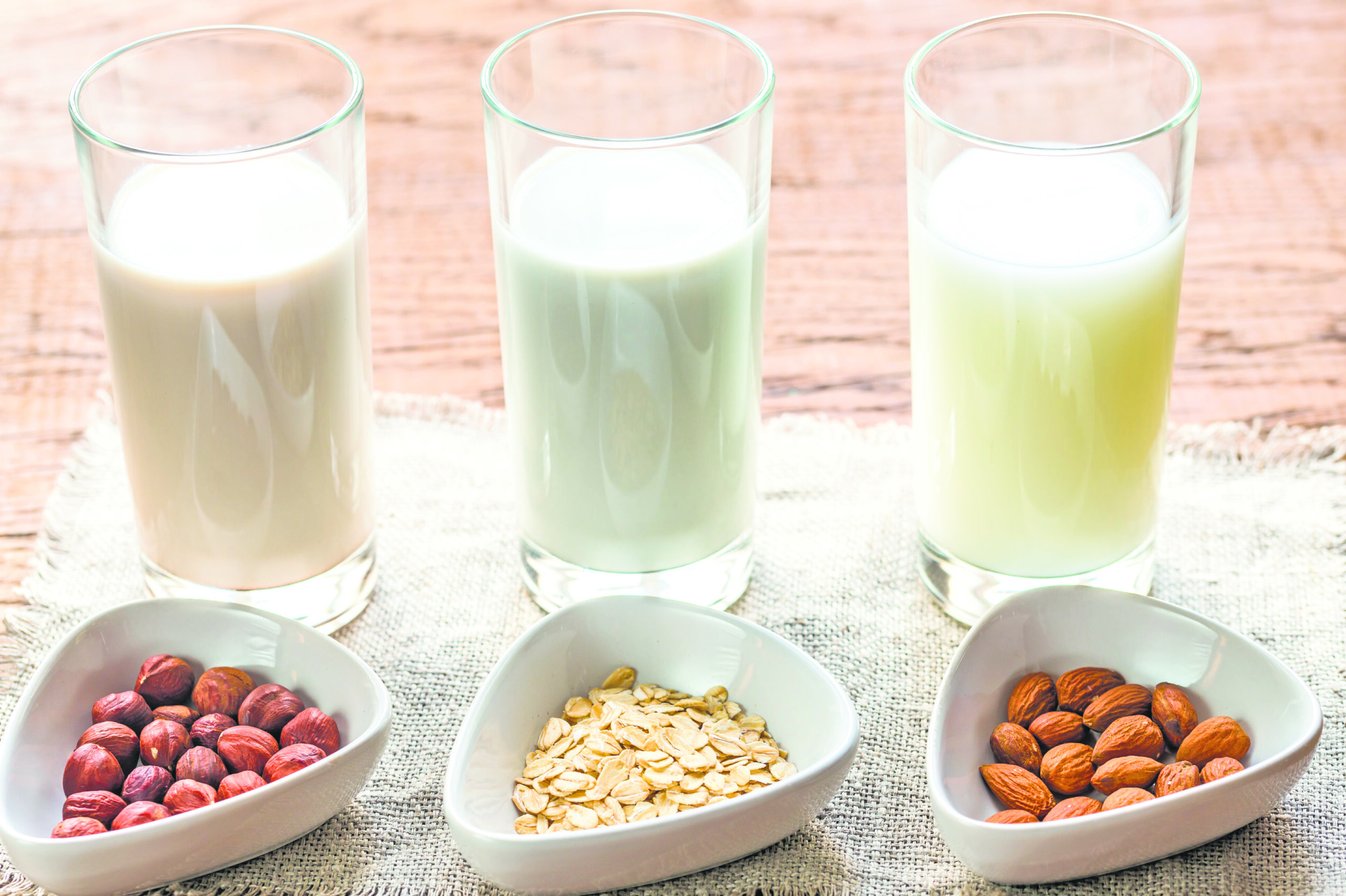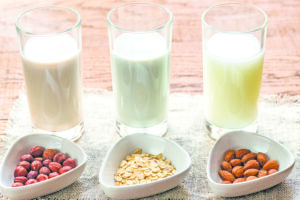In recent years, there has been a noticeable shift in consumer preferences towards healthier and more sustainable options, leading to the rise of plant-based beverages. From almond milk to oat milk and beyond, these dairy alternatives are becoming increasingly popular among consumers seeking nutritious, environmentally friendly, and cruelty-free options. Let’s delve into the world of plant-based beverages and explore their growing prominence.
1. Almond Milk: Made from ground almonds and water, almond milk is a creamy and nutty alternative to dairy milk. It’s often fortified with vitamins and minerals.
2. Soy Milk: Made from soybeans and water, soy milk is a rich source of protein and is commonly fortified with calcium and vitamin D.
3. Coconut Milk: Made from the flesh of mature coconuts and water, coconut milk has a rich, creamy texture and a subtle coconut flavor.
4. Oat Milk: Made from oats and water, oat milk is naturally sweet and has a creamy texture. It’s often fortified with vitamins and minerals.
5. Rice Milk: Made from milled rice and water, rice milk is naturally sweet and has a thin consistency compared to other plant-based milks.
6. Cashew Milk: Made from ground cashews and water, cashew milk has a creamy texture and a mild, slightly sweet flavor.
7. Hemp Milk: Made from hemp seeds and water, hemp milk is rich in omega-3 fatty acids and is often fortified with vitamins and minerals.
8. Pea Milk: Made from yellow peas and water, pea milk is high in protein and has a creamy texture. It’s often fortified with calcium and vitamin D.
9. Quinoa Milk: Made from quinoa and water, quinoa milk is rich in protein and has a slightly nutty flavor.
10. Macadamia Milk: Made from macadamia nuts and water, macadamia milk has a creamy texture and a rich, buttery flavor.
These plant-based milks can be used as alternatives to dairy milk in various recipes, including smoothies, coffee, cereal, baking, and cooking. Additionally, they are suitable options for individuals who are lactose intolerant, allergic to dairy, or following a
vegan diet.














